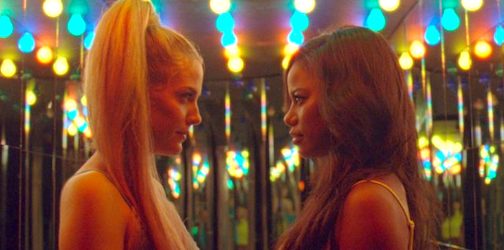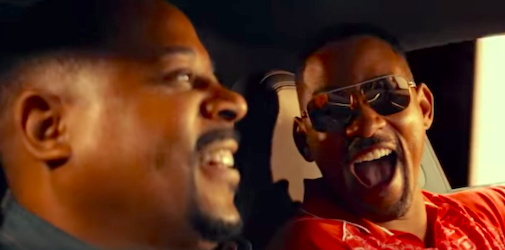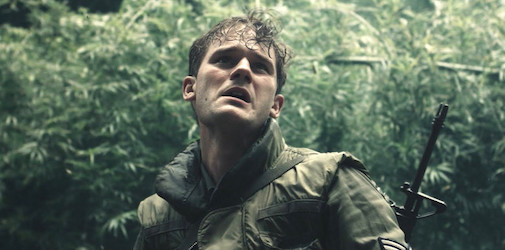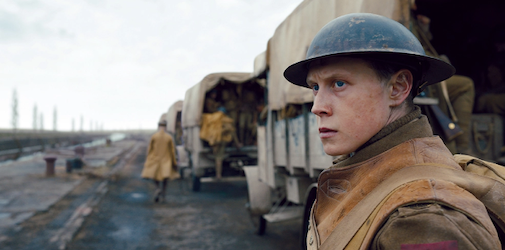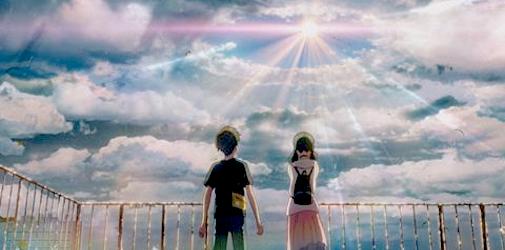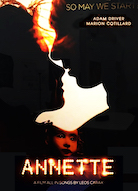Ai Weiwei's "Vivos" - Pretty to look at but too detached
 Monday, January 27, 2020 at 8:00AM
Monday, January 27, 2020 at 8:00AM New contributor Ren Jender reporting from Sundance...
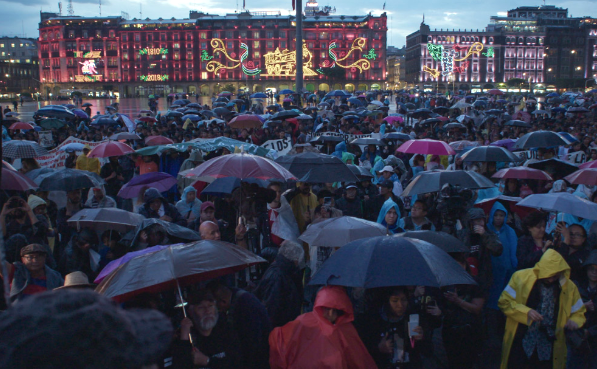
In 2014, Mexican police attacked students from a rural teachers' college, Ayotzinapa (known as a hotbed of leftist activism) in Iguala, Guerrero. They killed six of the students but injured many more and abducted another 43, who have never been found. In his new documentary Vivos, artist Ai WeiWei (Human Flow) focuses on the families left behind (and in limbo) When the families speak about the disappearance of their sons, siblings and partners, Ai captures the lyricism of their stories. One father memorably states:
That night, it rained and rained and rained."
 Ai Weiwei,
Ai Weiwei,  Reviews,
Reviews,  Sundance,
Sundance,  Vivos,
Vivos,  documentaries
documentaries 


